Land Ethic
The first step in starting a farm is a question. What kind of farm do we want to be? In order to answer, we first had to develop our own set of land ethics.
To learn and understand the complexities of our ecosystem and environment.
To form commensal and symbiotic relationships with the organisms in our ecosystem and environment.
To give more than we take and to leave the land better than we found it by fostering biodiversity and health.
We started Ecolibrium because we believe that growing food in an ecologically sound manner enhances the health and vitality of our natural ecosystems and the human experience at large. A few principles lie at the heart of ecological and regenerative agriculture:
“Agriculture is our wisest pursuit, because it will in the end contribute most to real wealth, good morals and happiness.” - Thomas Jefferson
Community Collaboration.
By incorporating increasing numbers of people and businesses into the ecological model we hope to take advantage of our local expertise, experience, and passion. We’re weaving a tapestry of inspired eaters, cooks, and farmers in which each strand adds to the strength and resiliency of the entire network - our community. Together we honor the reality that our greatest resources are human resources. Through education, open dialog, and working the land side-by-side, we aim to harness our collective desires to improve our environment and strengthen our community.
Resource Conservation.
The future is, by definition, uncertain. We must recognize, measure, and maintain our environmental, social, and financial resources by developing widespread ecological awareness and responsible stewardship. We can enhance the health and vitality of our natural environment and build a bountiful tomorrow capable of feeding our entire community while regenerating our ecosystem.
Food Independence.
Our current food system is based on global markets and intensive interconnectivity. Already we see the public interest growing in concepts like sustainability, organic, and local. These concepts are not only responses to our industrialized food, nor just an artifact of our desire for a more ecologically-sound lifestyle, but are synonymous with food independence. Locally produced food is safer, more delicious, and nutritious. It directly bolsters our local economy and builds a more connected and resilient community.

